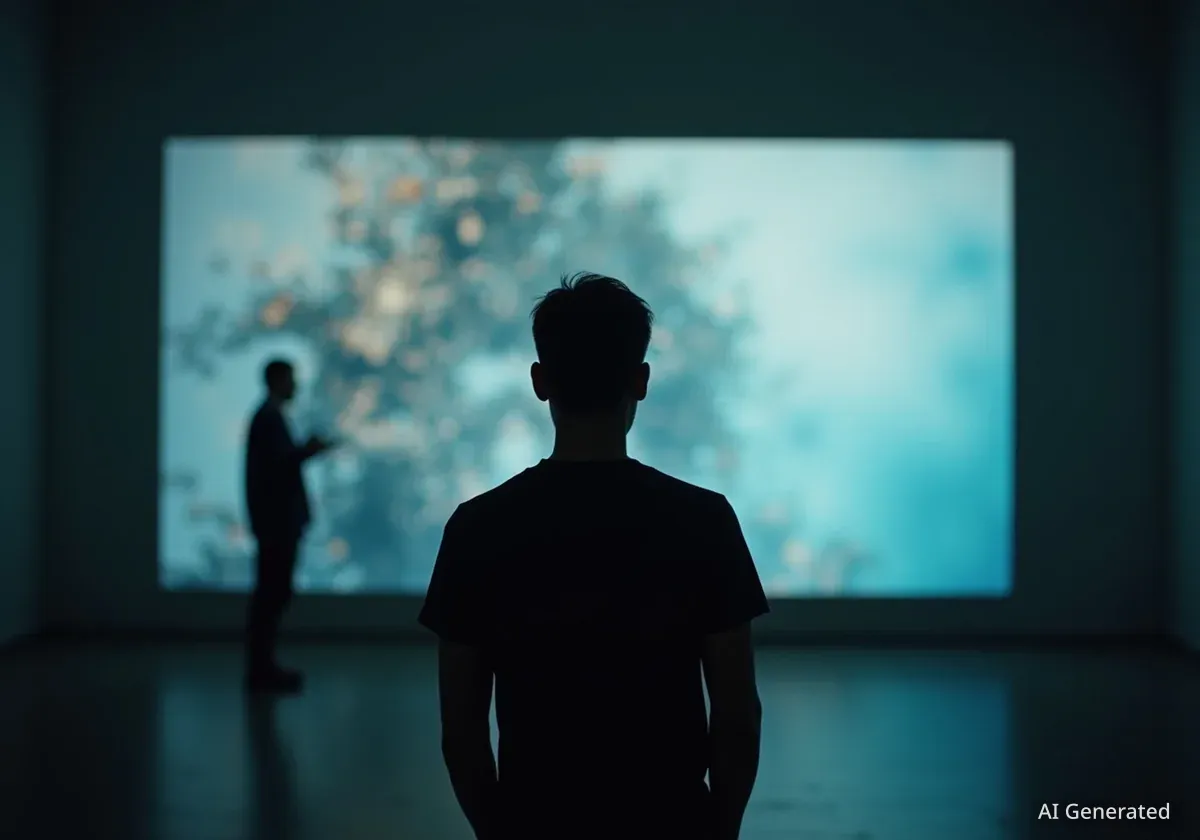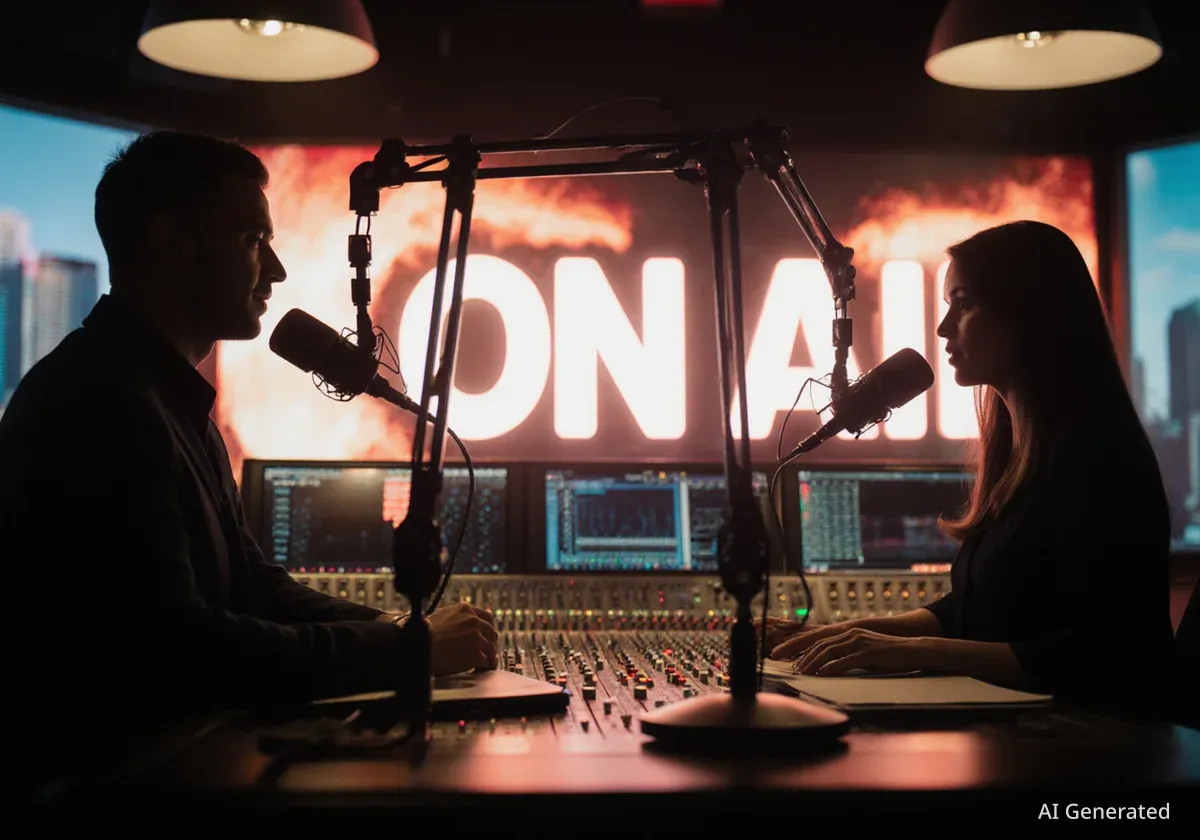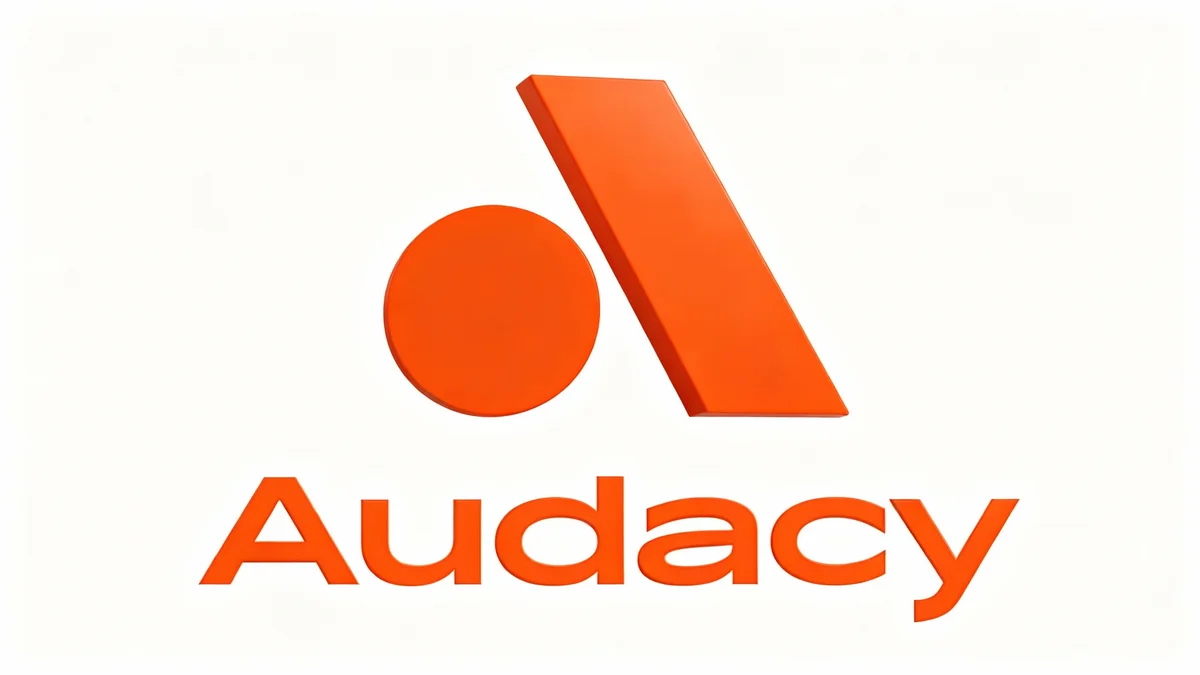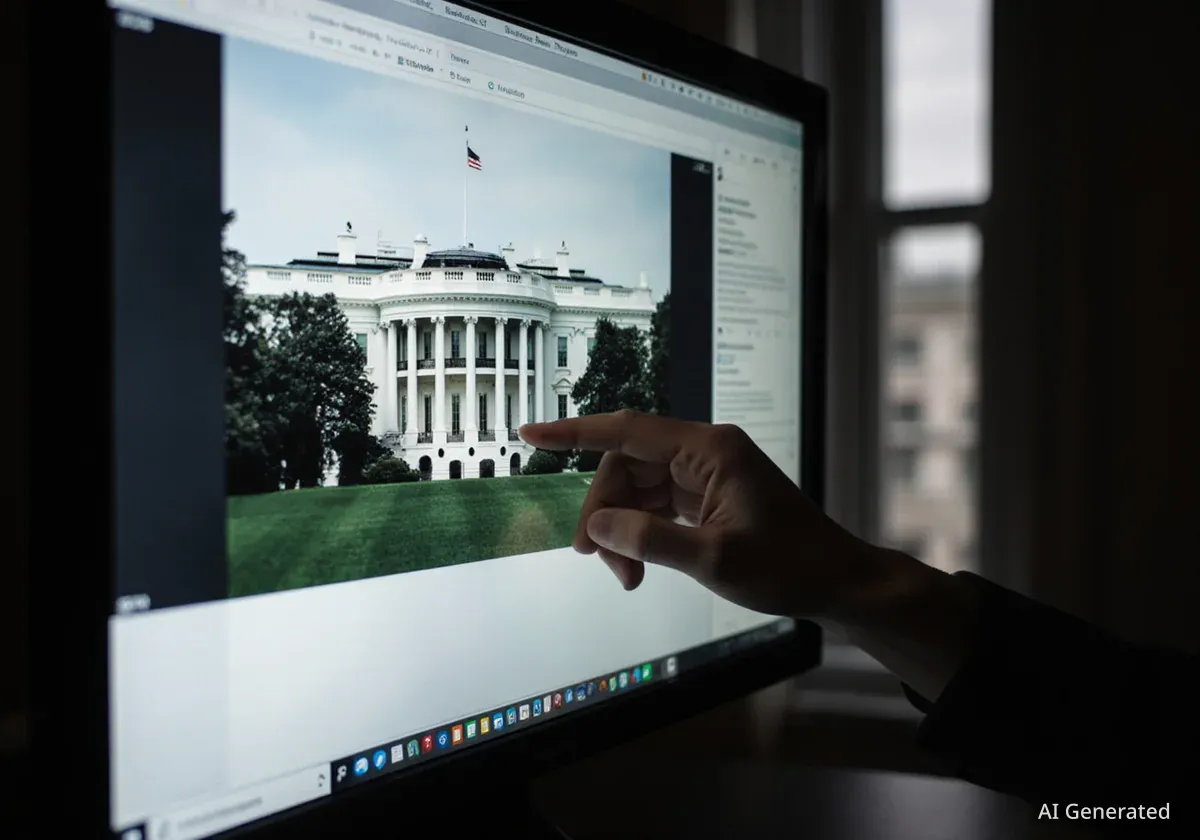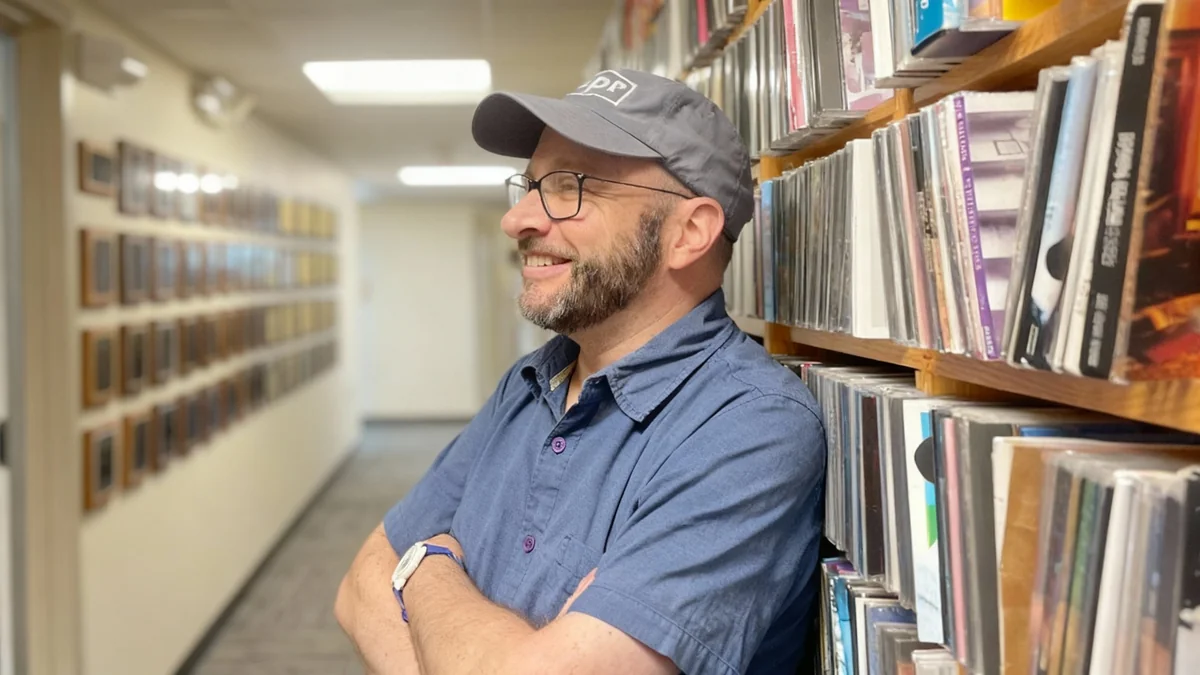Chinese artist Ai Weiwei has accused the German newspaper Die Zeit of publishing a "distorted and unjust" article about him. This claim follows an earlier allegation by Ai Weiwei that the same publication censored an article he wrote for them in July. The controversy centers on an interview conducted in Kyiv and the subsequent portrayal of his views on the war in Ukraine and Germany's role.
Key Takeaways
- Ai Weiwei claims Die Zeit article was distorted and unjust.
- He previously alleged Zeit Magazin censored an article he wrote.
- The dispute involves his statements on the war in Ukraine and arms deliveries.
- Ai Weiwei emphasizes freedom of speech as central to his work.
Allegations of Censorship and Distortion
On Sunday, Ai Weiwei used the social media platform X to detail his experience with Die Zeit. He stated that he received an interview request in August through Ribbon International, a PR agency. Ai Weiwei informed his assistant to remind the agency about a previous negative encounter with Zeit Magazin, a supplement of Die Zeit.
According to Ai Weiwei, Zeit Magazin had invited him to write an article in July. He revised the piece as requested, but the magazine then edited and ultimately refused to publish it. He described this refusal as an act of censorship.
Key Fact
Ai Weiwei's initial article for Zeit Magazin was titled "What I wish I had known about Germany earlier." He believes its content, which was truthful, did not align with the magazine's expectations, leading to its non-publication.
Given this background, Ai Weiwei expressed surprise when Die Zeit approached him for an interview on September 14. He questioned the agency about their awareness of the prior incident. Ribbon International reportedly assured him they were "fully informed."
The Kyiv Interview and Its Aftermath
Ai Weiwei agreed to the interview, which took place in Kyiv. He was in the city for the unveiling of a large-scale installation at Pavilion 13, a work that responds to armed conflict. He stated his willingness to participate because he believes freedom of speech is fundamental to both his political and artistic life.
During the interview with Die Zeit journalist Olivia Kortas, Ai Weiwei noted her surprise when he placed his own recorder on the table. He observed that Kortas "repeatedly emphasized certain points that seemed unrelated to the exhibition." This led him to ask if she had seen his exhibition at Pavilion 13. She reportedly confirmed she had not.
"I try to fulfil interview requests as much as possible because I believe freedom of speech is the cornerstone of both my political and artistic life."
— Ai Weiwei
The Published Article: 'The Annoyance'
The article by Olivia Kortas was published last Thursday under the title "The Annoyance." Its subtitle read: "Ai Weiwei intervenes in the war in Kyiv with a work of art. And, quite defiantly, offends many." The piece stated that "Many feel offended by Ai Weiwei’s work, which did not resonate with them." It also highlighted his statements that made Ukrainian artists suspicious.
Specifically, the article referenced an earlier interview where Ai Weiwei stated that Germany was "adding fuel to the fire" with its arms deliveries. He repeated this sentiment during the interview with Kortas, saying: "Any nation that doesn’t try to stop the war but instead adds offensive weapons is adding fuel to the fire."
Background on Ai Weiwei's Stance
Ai Weiwei also suggested that Russia should end the war first, and then "the EU or NATO should not further encourage the continuation of the war." The Die Zeit article interpreted this as implying that the EU or NATO bore some responsibility for Russia’s invasion of Ukraine.
Artist's Response and Broader Implications
Ai Weiwei felt compelled to respond to the published article on X. He stated that Kortas's writing was not an accurate reflection of reality. He claimed it included distortions and subjective value judgments that did not reflect the exhibition's actual impact or intentions. He characterized Die Zeit's actions as "vengeful actions stem from a narrow and petty form of censorship."
He explained his decision to speak out was to "highlight how a media outlet in Germany—one that is supposed to be intellectual and has a long history—can act in such a distorted and unjust manner." Ai Weiwei believes this incident offers him new insight into German society and its future.
- First Allegation: Refusal to publish his article in July.
- Second Allegation: Distorted portrayal in interview article published in September.
- Core Issue: Disagreement over content and interpretation of his political views.
He added that while this was not the image he had hoped to see, he believes that "when a society loses its sense of justice and falls under the ideological control of a select few, it risks reliving the darkest chapters of its history." As of the time of publication, Die Zeit had not responded to requests for comment regarding Ai Weiwei's allegations.
Recent Related News
Ai Weiwei has been active in addressing global conflicts through his art. He recently brought his art and activism to Ukraine's front line. His work often combines artistic expression with political commentary, challenging established narratives and advocating for human rights and freedom of expression globally.
